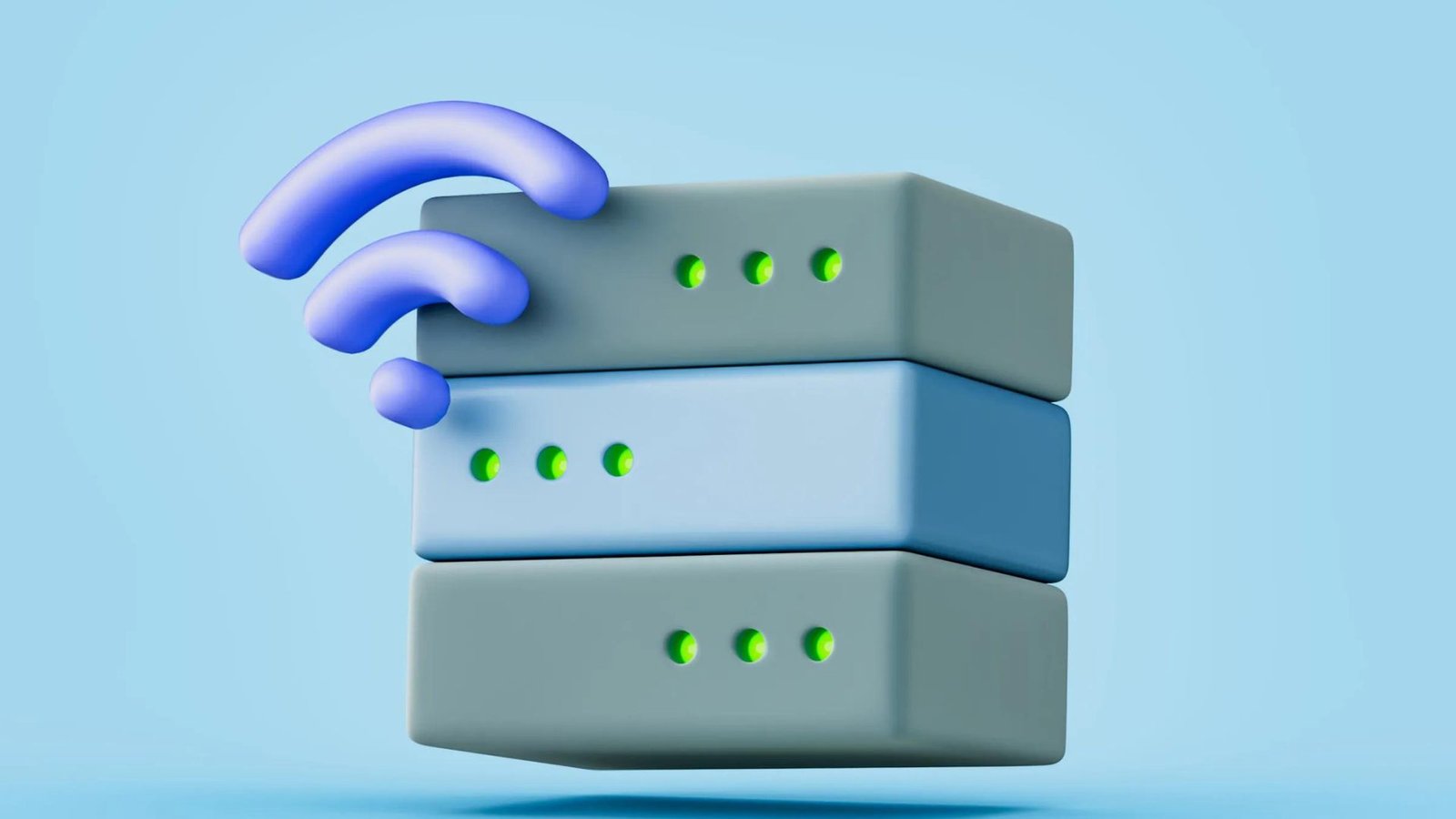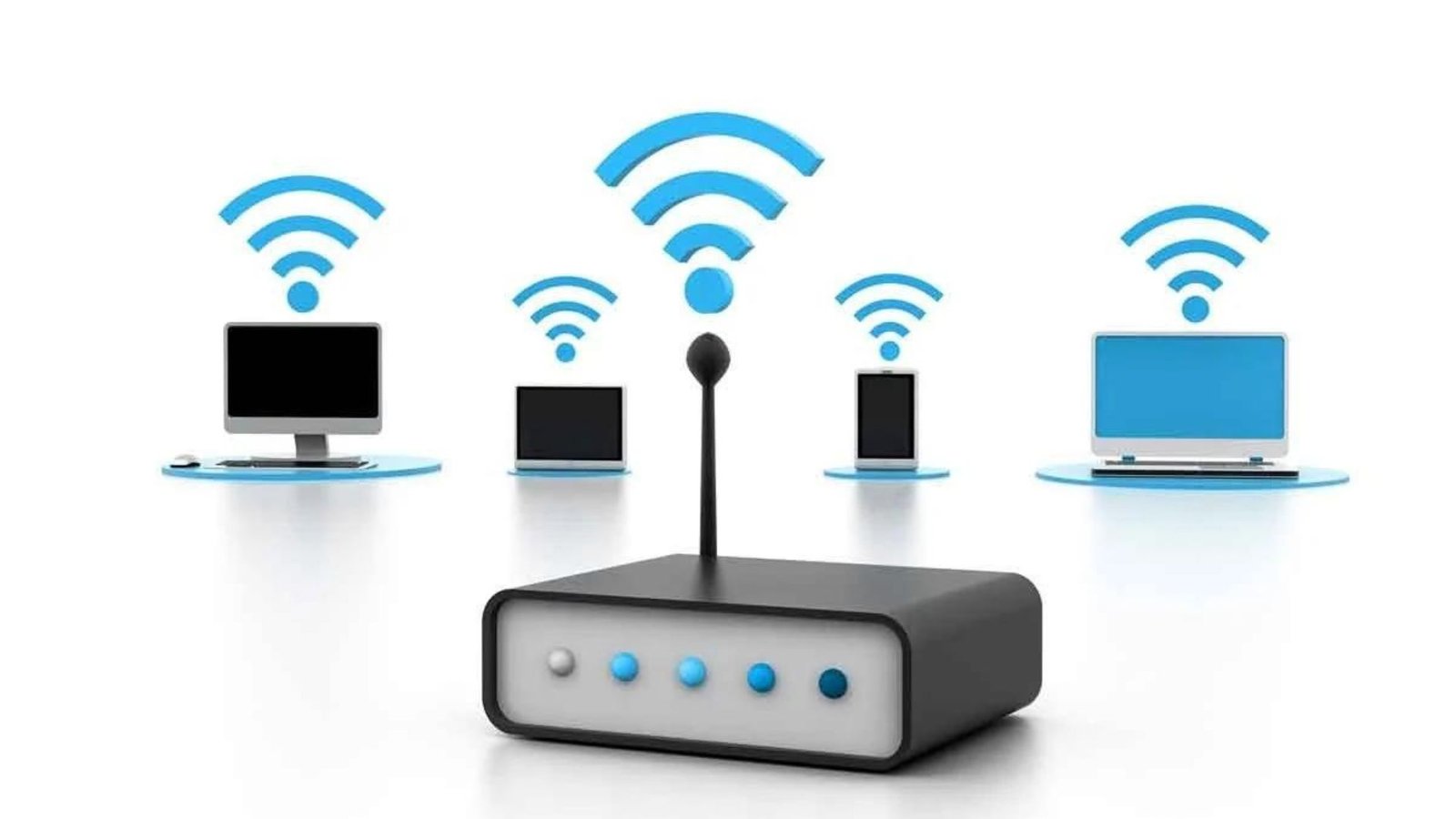If you’re finding that your internet connection is slower than it should be, you’re not alone. Improving internet performance at home can make a big difference in your daily online activities. Whether you’re streaming videos, working from home, or simply browsing, a faster and more reliable connection is crucial. In this article, we’ll share effective strategies for enhancing your home internet performance.
1. Optimize Your Router Placement
One of the first steps in improving internet performance at home is to position your router optimally. Place your router in a central location in your home to ensure a strong signal throughout. Avoid putting it near walls or large metal objects that can block the signal. Higher placements, such as on a shelf, can also help improve coverage.

2. Upgrade Your Router
If your router is several years old, it might be time for an upgrade. Newer models offer better speeds and features. Look for routers that support the latest Wi-Fi standards, like Wi-Fi 6, which can provide faster and more reliable connections. Improving internet performance at home often starts with having the right hardware.
3. Secure Your Network
An unsecured network can slow down your internet due to unauthorized users consuming bandwidth. Make sure your Wi-Fi network is protected with a strong password and use WPA3 encryption if possible. Regularly update your network password and check connected devices to ensure no one is using your bandwidth without permission.
4. Limit Bandwidth-Hogging Applications
Certain applications and devices can consume a lot of bandwidth, impacting your internet speed. Streaming videos, online gaming, and large downloads can all slow down your connection. By managing these activities and scheduling them during off-peak times, you can enhance internet performance at home.
5. Use Quality of Service (QoS) Settings
Many modern routers come with Quality of Service (QoS) settings that allow you to prioritize certain types of internet traffic. By configuring QoS, you can ensure that high-priority activities, such as video calls or gaming, get the bandwidth they need, which can significantly boost internet performance at home.
6. Update Router Firmware
Router manufacturers often release firmware updates to fix bugs and improve performance. Keeping your router’s firmware up to date can help maintain optimal performance. Check your router’s settings or the manufacturer’s website for the latest updates and follow their instructions for installation.
7. Minimize Interference
Other electronic devices and networks can interfere with your Wi-Fi signal. Devices like microwaves, cordless phones, and even other Wi-Fi networks can cause disruptions. To reduce interference, place your router away from these devices and use the 5 GHz band if your router supports it, as it is less crowded than the 2.4 GHz band.
8. Use Ethernet Cables When Possible
For activities that require a stable and fast connection, such as online gaming or video conferencing, using Ethernet cables can be more effective than relying on Wi-Fi. Ethernet connections are generally faster and more reliable, providing a more consistent internet experience and aiding in improving internet performance at home.
9. Check for Malware
Malware and viruses can slow down your internet connection by using up bandwidth and system resources. Regularly scan your devices with reliable antivirus software to ensure they are free from malware. Keeping your system clean can help maintain good internet speeds and overall performance.
10. Contact Your Internet Service Provider
If you’ve tried all the above strategies and still experience slow internet speeds, it might be time to contact your Internet Service Provider (ISP). They can perform tests on your connection and provide solutions or upgrades to improve your service. Sometimes, issues with your service plan or local network can affect performance.
Conclusion
Improving internet performance at home involves a combination of optimizing your equipment, securing your network, and managing your bandwidth usage. By following these strategies, you can enhance your internet speed and reliability, making your online activities smoother and more enjoyable. Remember, maintaining a good connection is an ongoing process, so stay vigilant and make adjustments as needed.









